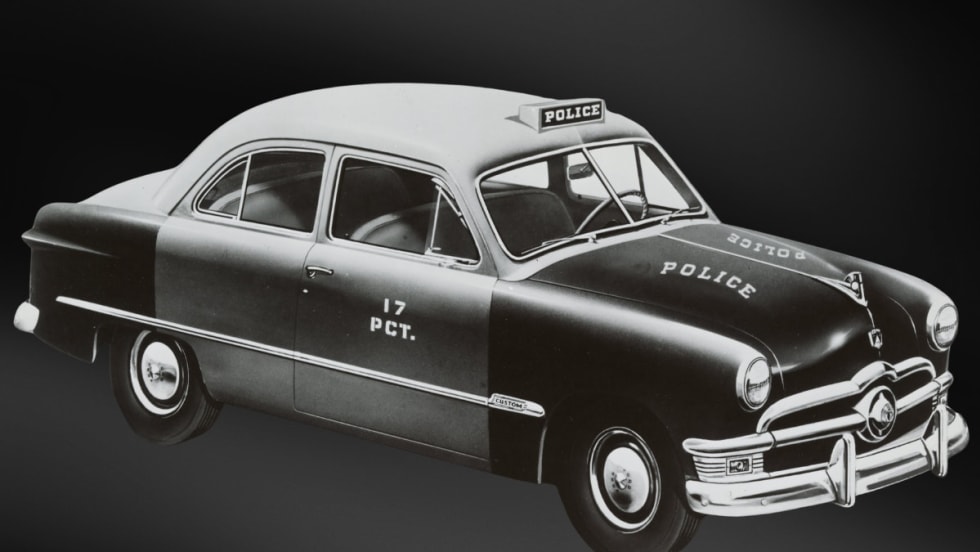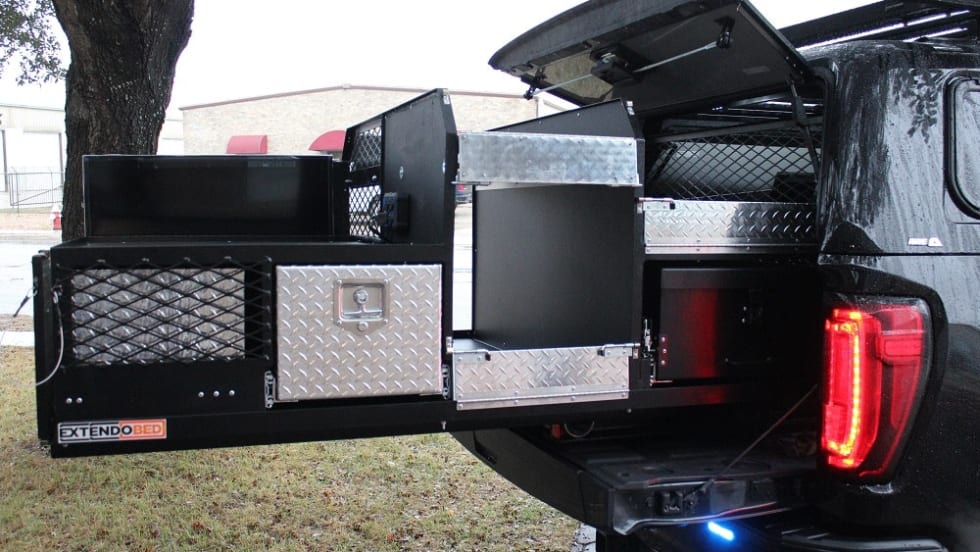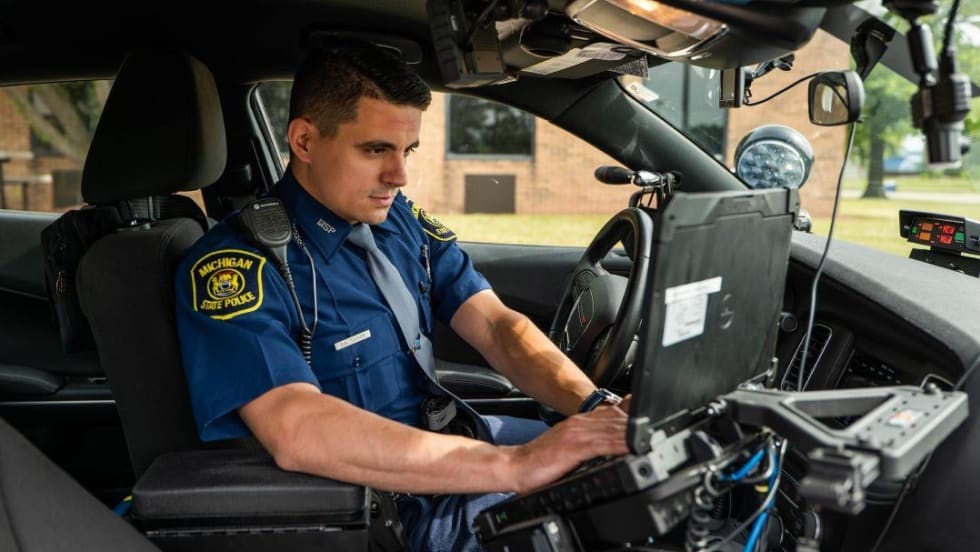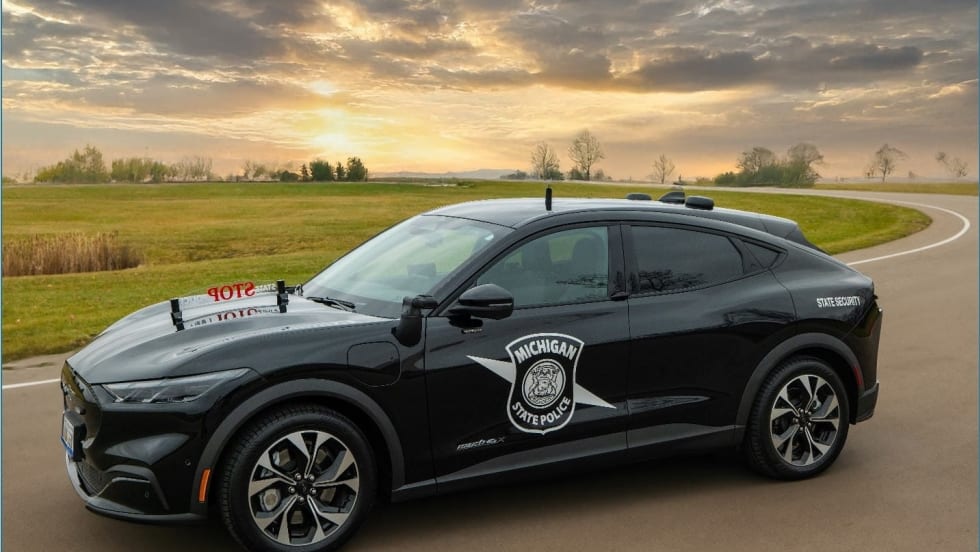After serving 22 years for a crime he didn’t commit, a man walked out of prison with his freedom but little else. He didn’t even receive the amount of cash given to parolees convicted of violent crimes.
Wilton A. Dedge, 42, didn’t get the $100, the counseling, job referrals, or temporary housing Florida offers people on parole for murder or rape.
Although a DNA test proved him innocent after having been mistakenly identified by a 17-year-old rape victim, Dedge found himself alone with a plastic bag containing the few possessions he’d had with him when he was locked up 22 years before.
“The system is not set up to deal with exonerees,” says Nina Morrison, an attorney who fought to free Dedge on behalf of the New York-based Innocence Project. “Ironically, instead of getting more, exonerees usually get less.”
Debbie Buchanan, speaking for the Department of Corrections, says that because Dedge was released from the county jail where he awaited the results of his DNA test, current law did not grant him the privileges afforded parolees leaving state prisons.
Because no law exists to set aside compensation for those wrongfully convicted in Florida, Dedge will have to sue for any state money.
And, apparently, this isn't an unusual case.
Only 18 states and the federal government provide some compensation to people exonerated of crimes.
Luckily, Dedge’s mother says he has received job offers from friends and strangers as well as gifts of cash, a computer, and free dental care to get him started in his new life.











